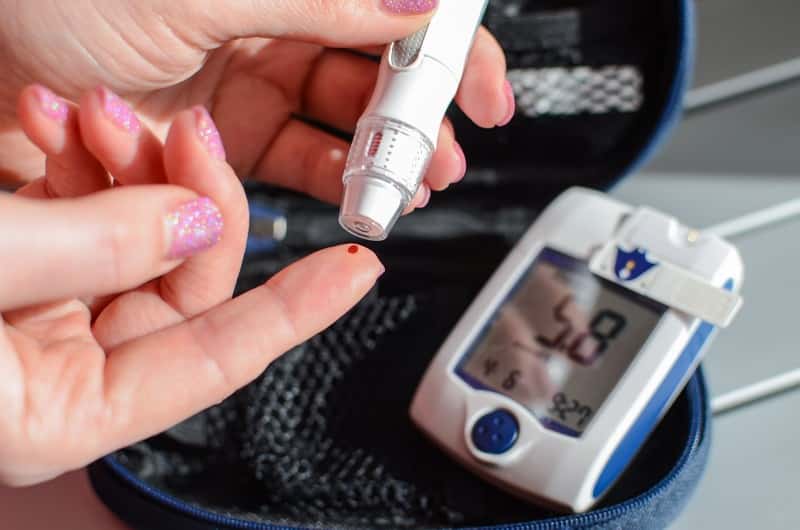Diabetes

Gallstone symptoms are frequently encountered in people with diabetes more than those without, which isn’t surprising as risk factors like intestinal dysmotility and obesity are often caused by it. Diabetes is essentially a condition that occurs in abnormally elevated blood sugar levels. If the body can’t produce enough insulin—the hormone that regulates blood glucose, or fails to use it properly, the glucose remains in the bloodstream and can’t reach the cells.
Over time, high blood glucose levels may result in health problems, including but not necessarily limited to gallstone formation. Other medical issues that may occur from unchecked diabetes are heart disease, stroke, kidney failure, vision-related conditions, nerve damage, and dental infections. Although no cure for diabetes exists, adopting healthy habits and lifestyle changes can make the disease more manageable in mild cases.
For more severe conditions, insulin therapy may be necessary. It’s also a rule of thumb to monitor your blood sugar level regularly to ensure it doesn’t exceed the normal range. In case healthy eating, exercise, and insulin therapy aren’t enough to manage the condition, doctors may recommend diabetes medication like metformin, sulfonylureas, thiazolidinediones, SGLT2 inhibitors, and DPP-4 inhibitors to curb the symptoms of diabetes.










